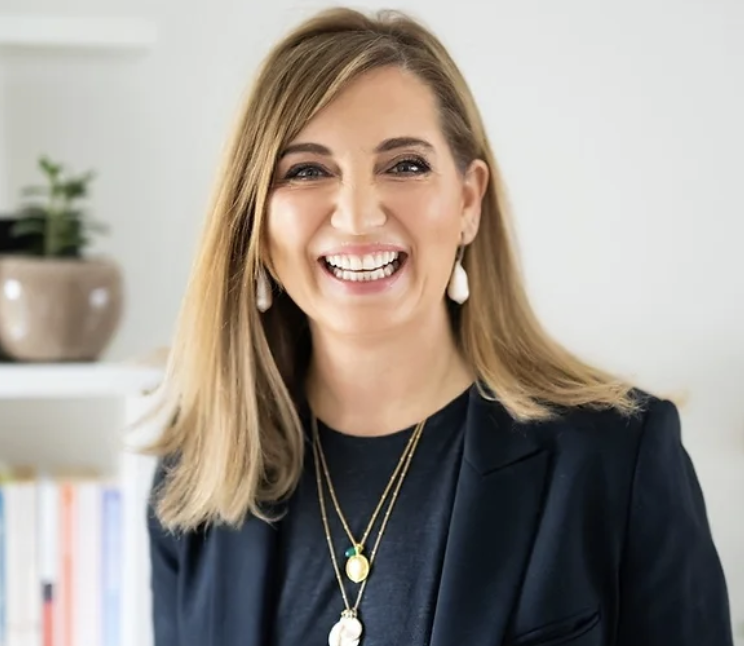In the precious and limited times we have to live most of us will, at various moments in our lives, recognise the urge to reinvent ourselves, the desire to shed identities that we have outgrown and explore new ways of being. Who we are, what we value, the work we do, the people we aspire to be, the communities we wish to be part of and the way we engage with the world.
Some changes are thrust upon us: loss, redundancy, war, and global events like the pandemic - other changes we drive ourselves. We decide we want to live and work differently; we want to adopt a different lifestyle, we want to spend more time with some people and not with others, attend to things that are important to us. For these self-directed changes self-awareness is vital. Yet self-awareness can be elusive, we can be strangers to ourselves.
How to grow self-awareness
A useful visual tool for self-awareness is the iceberg. Icebergs come in a huge variety of forms, some many metres high, others just peeping up above the waterline. What they share is that what is visible above the surface is a fraction of what exists below the surface. The iceberg has been adopted as a metaphor to explain conscious and unconscious thinking. We witness only the tip of the iceberg in our interactions with colleagues, friends and organisations, the part of themselves that they choose to reveal.
In addition to what is said, shared and presented there are multiple layers, below the surface, that are hidden from immediate sight. We are subject to the same limitations when we think of ourselves, our potential, our desires, and our plans for what comes next.
Looking below the surface is fundamental to our potential to reinvent. We have got so used to the self we present to the outside world that we may have lost touch with who we really are, what we really value and what we want for ourselves and our lives. Others may recognise the destructive patterns of our behaviour or witness our neuroses far more clearly than we see them ourselves. This is at the heart of the Socratic urge to examine ourselves, our values, beliefs, and ethics so that we can align who we are with what we do, to know ourselves.
What are your blind spots?
The areas in which we lack self-awareness are often referred to as blind spots, this is not an unusual quality, we all succumb to this bias that can influence the way we live our lives powerfully. We can both overestimate and underestimate ourselves, imagining we can deliver everything or that we cannot do a single thing.
We have established neural pathways that lead us to make certain quick decisions and make assumptions because this is what we have always done. These faulty heuristics are hard to shift, we may for example comfort ourselves with sugar or alcohol when we are stressed when a far better response might be a conversation with a supportive interlocuter or a simple walk in nature. We need to take the new and thoughtful steps several times before a new neural pathway can be established. Our anger or our fear of change may be at the heart of our lack of reinvention, but we must first recognise this to change our behaviour.
Doing due diligence on ourselves is a way to discover and challenge our blind spots, this takes both time and courage. We may be accustomed to the narratives that accompany us, the labels that are associated with the way we are. In part they provide comfort as they are so familiar, we are someone who is kind, who always steps up, or who is sensitive. Many of these descriptions are outdated and no longer relevant yet we can find it hard to let go of them.
We may have moved beyond such labels long ago, yet their imprint remains. Perhaps we were shy and uncertain but have become expressive and confident. Recognising that this is happening is key to discarding these characterisations. We do not arrive at a final state of self-awareness, new circumstances and relationships might mean we are encountering new versions of ourselves constantly, it is a lifetime's work. But in exploring potential reinvention you can ask yourself some questions that will give you the data that allows you to look at yourself afresh:
- What part of your life energises you?
- What matters most to you?
- How important is status?
- How important is money?
- How much time do you have to devote to work?
- What development do you wish to pursue?
- How much of a priority is time with friends and family?
- What is limiting you that can be changed?
- How would your family describe you?
- And how would your friends describe you?
- How would your colleagues describe you?
- How do you describe yourself to someone you trust?

